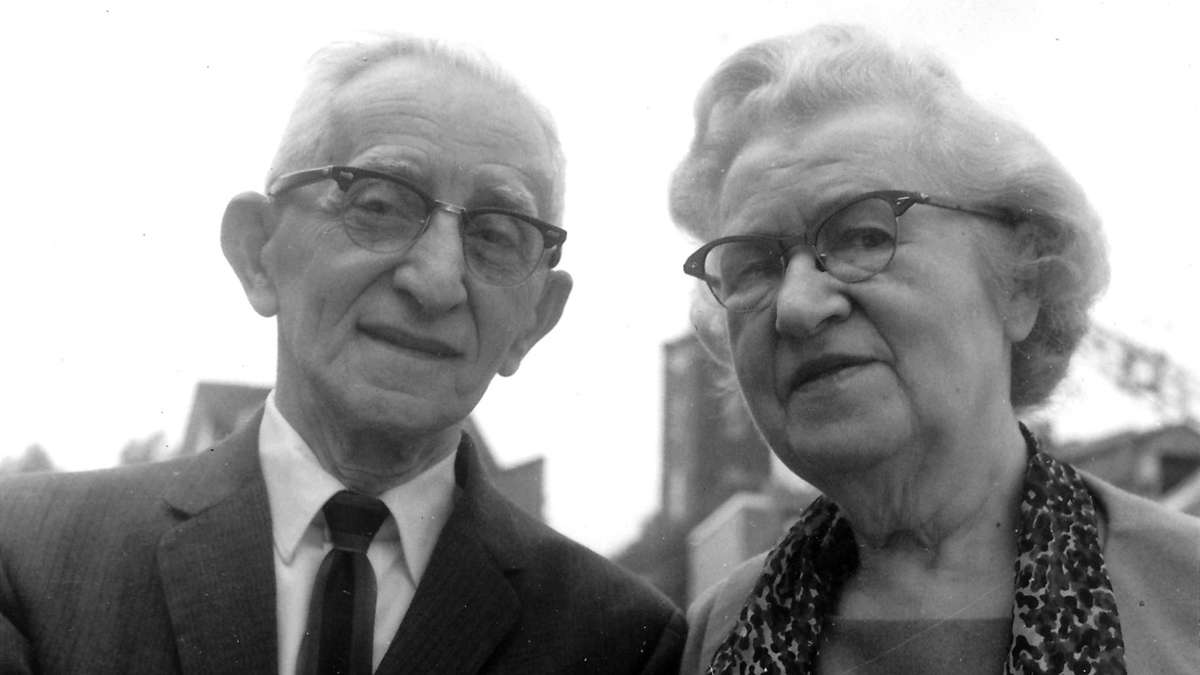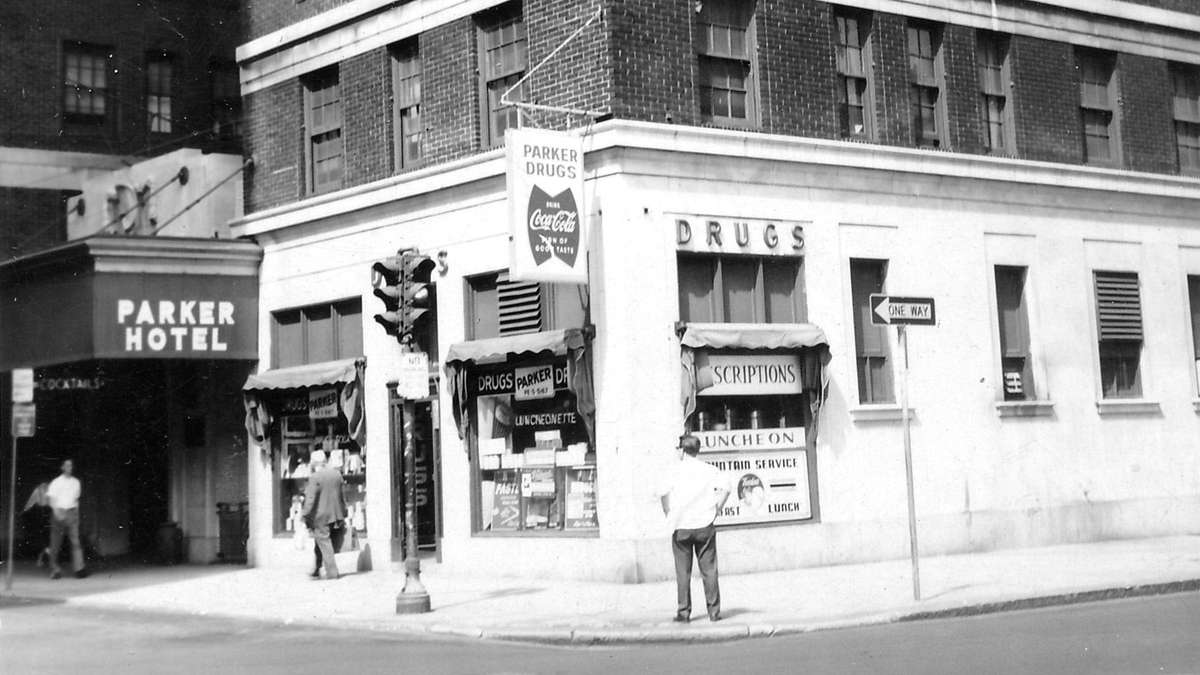New Jersey may require schools to stock epinephrine injectors
When Wendy Antosiewicz said she wants every school in New Jersey to have an epinephrine autoinjector to prevent students and staff from going into shock from allergies, she speaks from experience.
“Being a parent of a child who has gone into anaphylactic shock and seeing how quickly it can happen are images that never leave my mind,” said Antosiewicz, of Hamilton in Mercer County. “To watch my daughter vomit, wheeze and be miserable is one thing in itself, but when she looks at me with terrified eyes and tells me, ‘Mommy my throat is closing I can’t breathe right,’ [it] is something I don’t wish upon anyone.”
She and other parents, along with a company that supplies free autoinjectors to schools, are backing a state bill, S-801 /A-304, that requires public and private schools to have epinephrine that school nurses or trained staff members can give to any student. Under current state law, schools only administer epinephrine to students who have prescriptions. But since many people have undiagnosed allergies, bill advocates say the measure would save lives.
There has been a large increase in the number of Americans with food allergies over the past several decades. According to the U.S. Centers for Disease Control and Prevention, the share of children with reported food allergies rose from 3.4 percent in 1997 to 5.1 percent in 2011.
Enhanced awareness and reporting of allergies is likely one factor in the increase. In addition, hygienic conditions that reduce children’s exposure to potential allergens, as well as delaying the introduction of certain foods, may have actually increased the prevalence of allergies, according to the UCLA Food & Drug Allergy Care Center.
While some allergic reactions are mild, others can lead to anaphylaxis, in which throat swelling and low blood pressure can cause death. Epinephrine autoinjectors, like the EpiPen made by Mylan Specialties, counteract these symptoms until emergency medical assistance arrives. In addition to food allergies, the medication can be used for reactions to insect stings, drugs, and skin allergens like latex.
Several groups have arisen in New Jersey to support families that have experienced severe allergies, including the Food Allergy and Asthma Support Group of New Jersey and the New Jersey Food Allergy and Anaphylaxis Coalition. Both groups support the bill.
The measure follows the School Access to Emergency Epinephrine Act signed by President Barack Obama last year, which gives preference for federal asthma education grants to states that develop school plans to administer the medication at any time during school hours. Obama noted in signing the law that his daughter Malia has a peanut allergy.
If the bill becomes law, New Jersey would join just six other states — Maryland, Michigan, Nebraska, Nevada, North Carolina and Virginia — that require schools to have autoinjectors.
“We need New Jersey to be added to this list to save lives in our state,” said Lisa Giuriceo, whose child has multiple food allergies. She compared stocking epinephrine to having a first-aid kit or defibrillator.
Mylan Senior Director of State Government Relations Colin Chiles said the company has given free EpiPens to 44,000 schools.
Legislative efforts to expand the availability of epinephrine increased after the January 2012 death of 7-year-old Virginia resident Ammaria Johnson, whose school had a policy of only administering the medication to children who had prescriptions.
Bill sponsor Sen. Kevin O’Toole (R-Bergen, Essex, Morris, and Passaic) said the rising number of cases made it critical that schools have epinephrine ready for those who haven’t been diagnosed yet. Assembly sponsor Marilyn Caride (D-Bergen and Passaic) also said nurses must be able to act without hesitation.
“Just having an EpiPen on hand can be the difference between a kid spending recess on the playground and spending it in the emergency room,” Caride said in a statement.
The bill has drawn support from groups representing school nurses, teachers, administrators, and athletic trainers, as well as the New Jersey Catholic Conference.
The Senate Education Committee released the bill in a unanimous, bipartisan vote on Thursday. The Assembly passed its version earlier this year.
It’s the second measure in two years that expands the use of epinephrine in schools. Last year, Gov. Chris Christie signed a law that allowed leaders of class trips in college to administer the drug.
_______________________________________
NJ Spotlight, an independent online news service on issues critical to New Jersey, makes its in-depth reporting available to NewsWorks.
WHYY is your source for fact-based, in-depth journalism and information. As a nonprofit organization, we rely on financial support from readers like you. Please give today.







